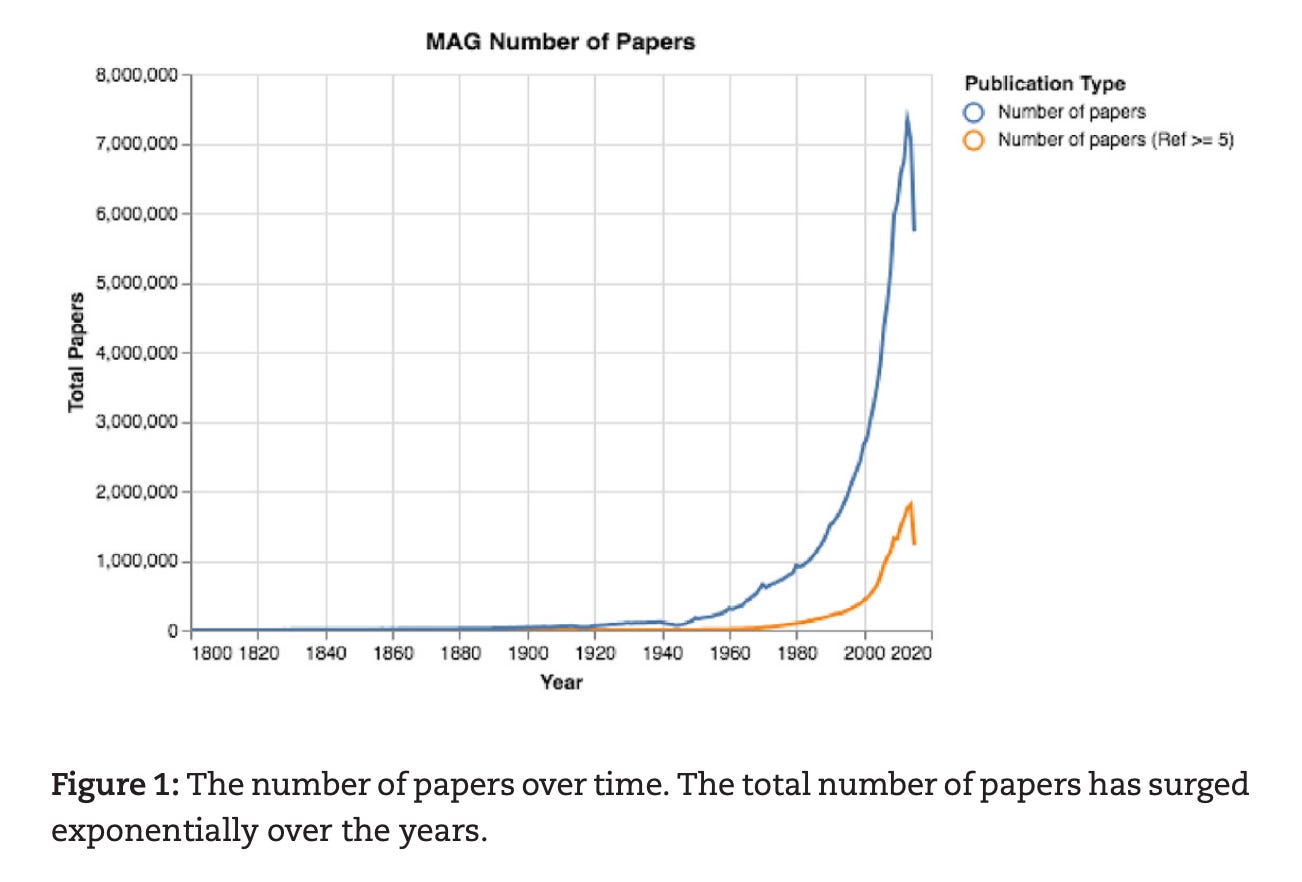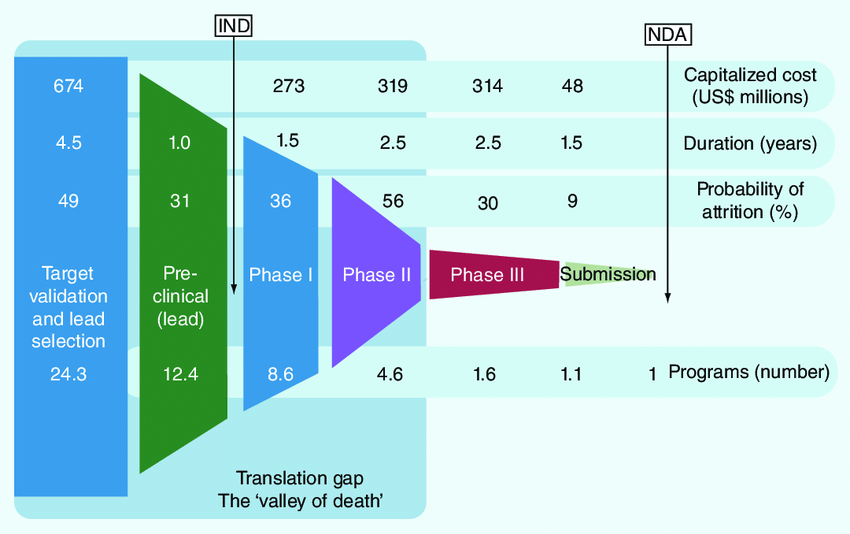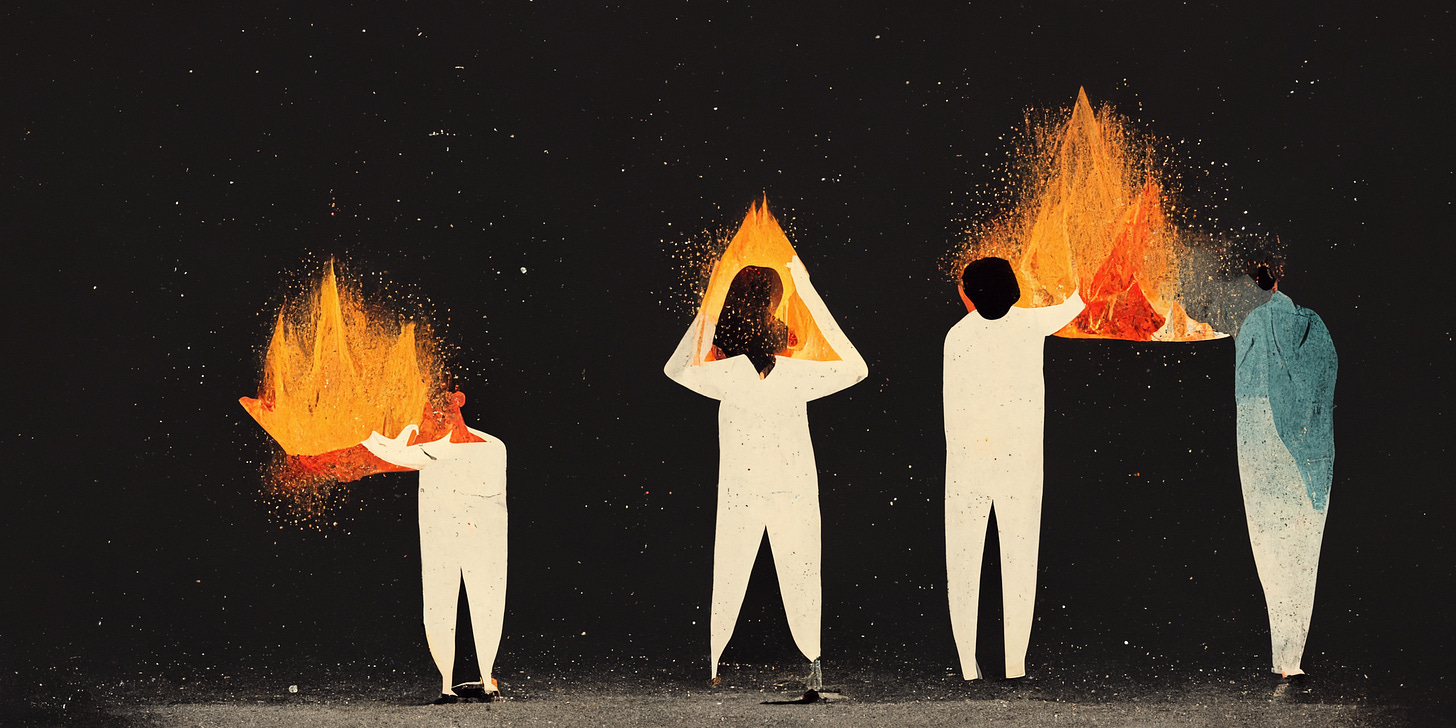Progress
Maximalist, Minimalist, or a secret third thing?
Progress is one of those terribly elusive words, like love or disruption, that means too many different things to different people. Maybe that is why I’m allergic to talking about progress; I’d rather substitute it for something more tangible. But for an end-of-the-year summary such as this, I’m going to break my own rule and write about it anyways.
There seems to be two warring schools of thought when it comes to progress.
On the one hand, there is the camp fueled by Peter Thiel and Michael Gibson who think progress has largely stalled. Gibson opens his recent book Paper Belt on Fire with a question he posed to Bill Gates at a party:
What do you think of the idea that we’re not seeing as much innovation and scientific progress as we should?
To which Bill Gates allegedly replied, “Oh you guys are full of shit.”
Gates is, apparently, from the other camp, which I’ll call Progress Maxis. It might be surmised from this passage that Gates’ definition of progress has to do with the quality of human life, whereas Gibson defines his version as the discovery of new things.
See, we’re running into some conflicting definitions already.
The Progress Maxi bible could be David Deutsch’s The Beginning of Infinity. Deutsch opens with this stunner:
Progress that is both rapid enough to be noticed and stable enough to continue over many generations has been achieved only once in the history of our species. It began at approximately the time of the scientific revolution, and is still under way. It has included improvements not only in scientific understanding, but also in technology, political institutions, moral values, art, and every aspect of human welfare.
Interesting. So progress only happened once, but continues to happen, and has allowed for all of these measurable improvements in many different areas. I’m now, somehow, more confused. Is progress happening or not? He goes on to explain:
In this book I argue that all progress, both theoretical and practical, has resulted from a single human activity: the quest for what I call good explanations.
Deutsch’s central argument is that progress has no end, but it had and has a beginning, an inflection point. So progress is constantly expanding, as knowledge from various fields feeds into others. If knowledge is progress, then perhaps this true and will be true until a cataclysmic event wipes out our knowledge base.
Constant expansion of progress doesn’t quite sit right with me, though. Let’s not abandon the Progress Minimalists. I mean, where is my flying car, am I right? If Gibson’s definition of progress is the discovery of new things, have we stalled in recent years?
I think the answer is a secret third thing, as challenging to define as what progress is itself.
Part of this murkiness derives from our modern information overload. According to the National Science Foundation, research output measured by publications is increasing at a rate of 4% per year.

With thousands of research papers getting pumped out each year, how do we even grasp progress? Is our recognition of real signal inherently encumbered by sheer volume of output? I’ll be diving into that question in a separate article examining the use of knowledge graphs for this problem. For now, let’s get back to the original conundrum. Perhaps it is best if we take this past year as a single aliquot with which to measure progress. Are we better off here than when we started off 2022?
The Progress Minimalists would have us think that there are a million hurdles in the way of new inventions that are keeping us from progress. From J. Storrs Hall’s Where Is My Flying Car? in his chapter on the inhibition of progress in cold fusion:
A cold shadow has been thrown into the heart of basic physics. Multiply that by the number of avenues of inquiry that might have led to substantive advancements and progress in the 21st century, but which are almost necessarily not aligned with the interests of the existing funding and science bureaucracy. Modern-day Simon Newcombs, who a century ago would have pontificated, “It can never work,” have metamorphosed into bureaucrats who add, “And we’ll ruin you if you try.”
Sounds pretty bleak. Despite the bureaucrats best attempts and some waning focus and funding of the National Labs, scientists at Lawrence Livermore National Laboratory announced this month that a breakthrough had been made in the study of nuclear fusion; “the first fusion reaction in a laboratory setting that actually produced more energy than it took to start the reaction.” This is potentially huge, but it is just a start. A new energy source, clean energy, but can it be harnessed and used the way that we will need it? Time will tell, and how much time it will take is a key question.
Among other noteworthy achievements this year: (a list I co-compiled with Gary Sheng who writes America 2.0 and hosts the Level Up America podcast)
Whether or not you believe progress is happening and at what rate ultimately comes down to how you define progress. In my own biased and privileged view of the world, a part of me agrees that perhaps progress and life ‘enhancement’ has stalled in a way, and could even be regressing by some accounts. Perhaps most advances these days are somewhat incremental and will only achieve improvements for a select few.
At the same time, I think there were some incredible advancements this past year. Among my favorites: the prediction of almost all known protein structures, a functional cure for sickle cell anemia, advances in protein diffusion models, leukemia treated with base editing, and decreasing cancer death rates.
I have another hypothesis that an incredible amount of progress is being made all the time, as shown by the focus on research and vast publication record, but that a very small percentage of that progress ekes its way into the mainstream for overall public benefit. This is certainly true of drug development, where we observe large amounts of discoveries and relatively few drug approvals, what some call the “Valley of Death”. One source suggests that approximately one of every 250 compounds entering preclinical development ever receive regulatory approval.

Despite this attrition and the bottlenecks that inhibit progress at many a turn, the FDA was successful in approving 37 new molecular entities this year alone. In my view, progress was made, and many are better off for it. It just might not be at the pace we would all like.
Thanks for joining me on this progress journey, written during that extra special time of year:
List of Top Science Breakthroughs of 2022 (with links/sources):
👁️ Bionic eyes restore blindness
⬇️ Cancer death rates decreased
🤖 AI-powered protein predictions
💉 Malaria vaccine, now 2x effective
✂️ Leukemia treated w/ base editing
📈 Multiple advances for rare disease
🐭 Life created w/o egg, sperm, or womb
🆙 Gene-editing got way safer + more precise
💊 Gene-editing based Sickle cell anemia cure
💡 UVC lights kill 98% of germs in full-sized room
🏊🏼 Spinal implants help paralyzed people walk + swim
⚡️ Nuclear fusion milestone: net new energy produced
🌐 The rise of DeSci (Decentralized Science) movement
🍄 Colorado green-lighted some medical use of psilocybin
🦠 Wastewater tracking systems detecting outbreaks in cities
☀️ Perovskite-based solar cells broke the 30% efficiency barrier
🫀 Gene Editing can lower cholesterol (main cause of heart attacks + strokes)





are you familiar with roots of progress/in contact with jason? (https://rootsofprogress.org/)
they are doing some of this work
Thank you for this thoughtful recap of the year Jocelynn. While I agree completely that English is a pretty limited language in depth and scope of description (as compared to other forms of communication), I can't help but wonder if the expansion of knowledge through more open-source information might start to open up both linguistic definition and creation, as well as more advocacy for funding in the coming years from the public? It will be interesting to see if NASA's "2023 Year of Open Science" will helps start to move this needle more to the positive for expansion of knowledge? As the saying goes.. if they can read it will they come (and fund)?